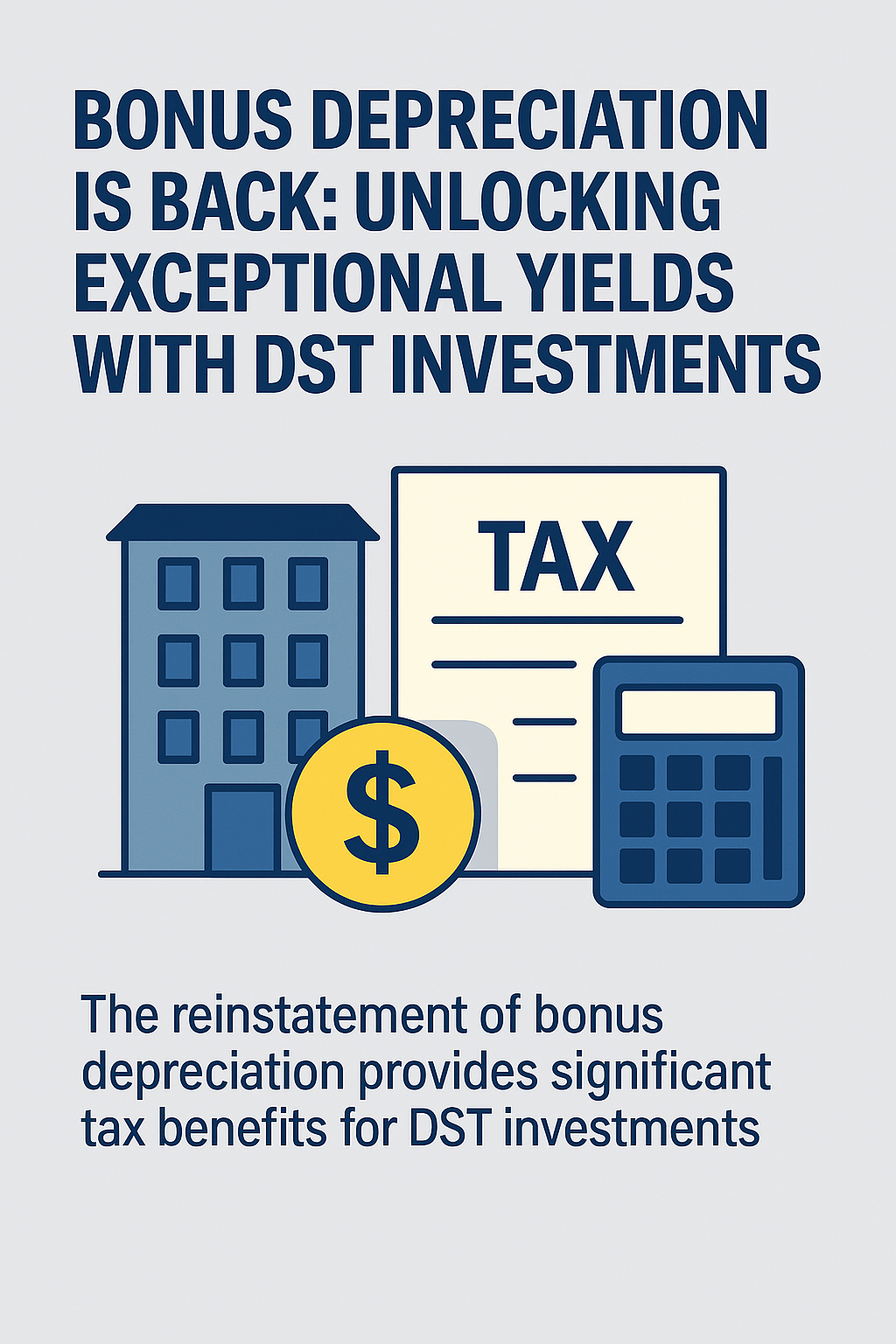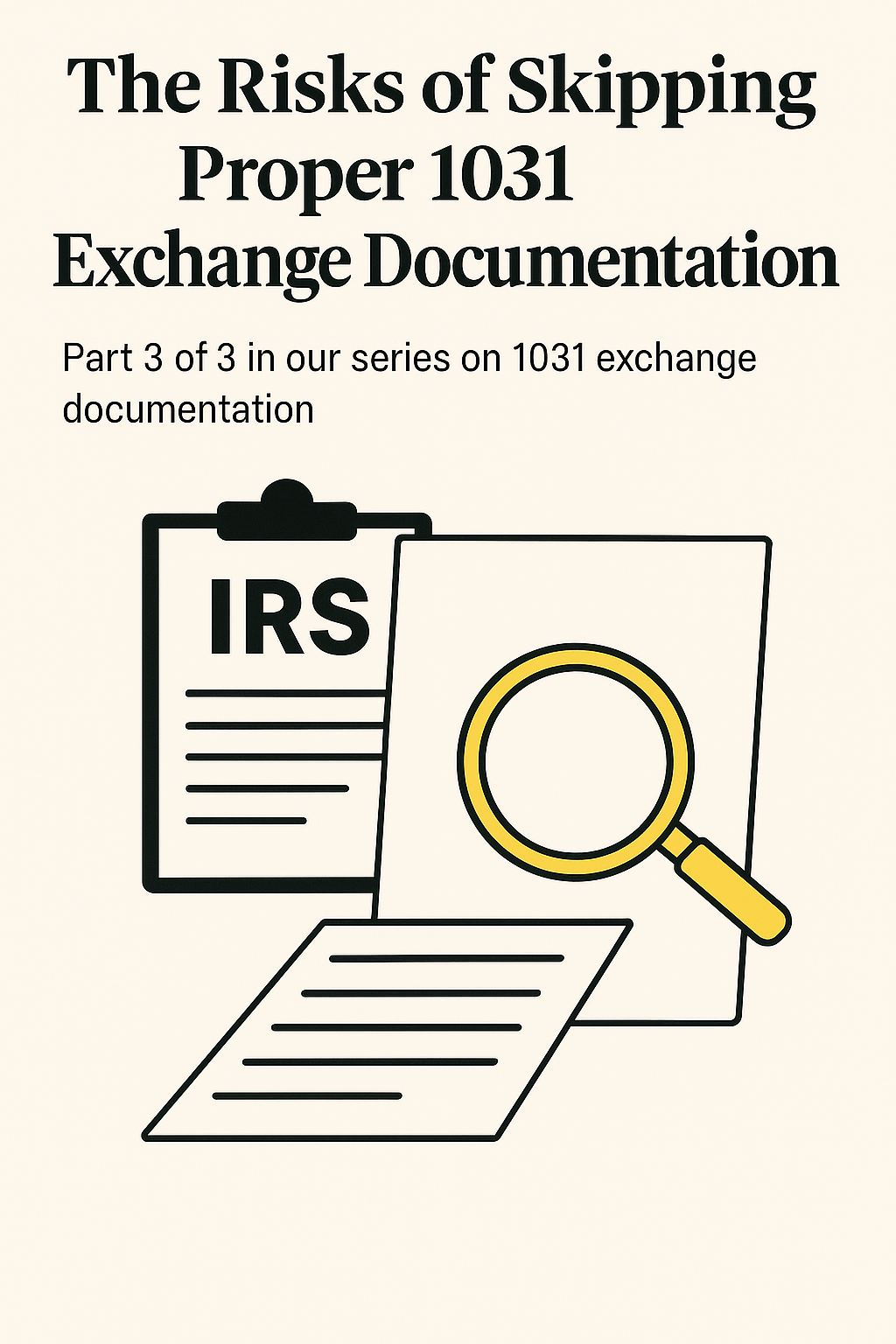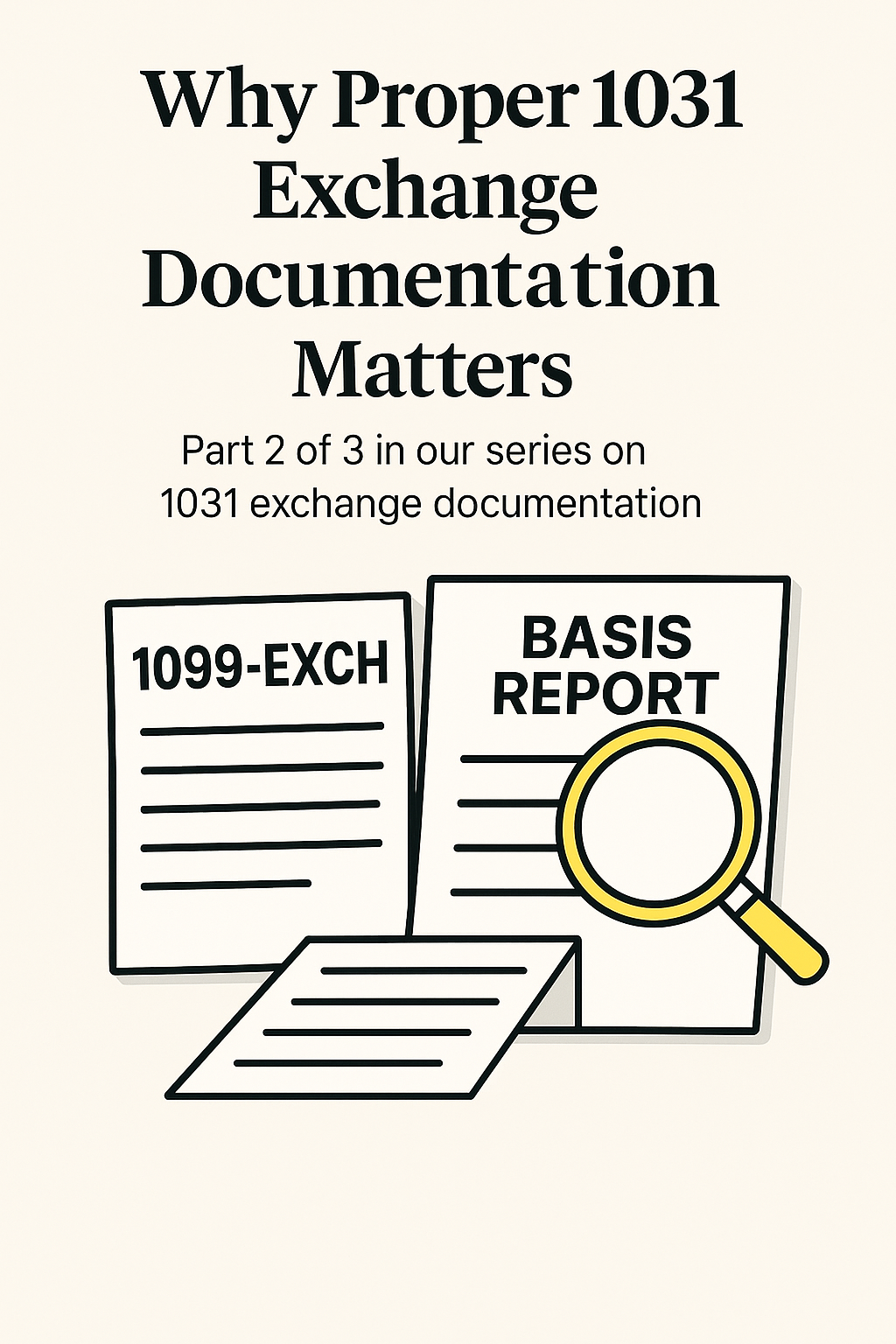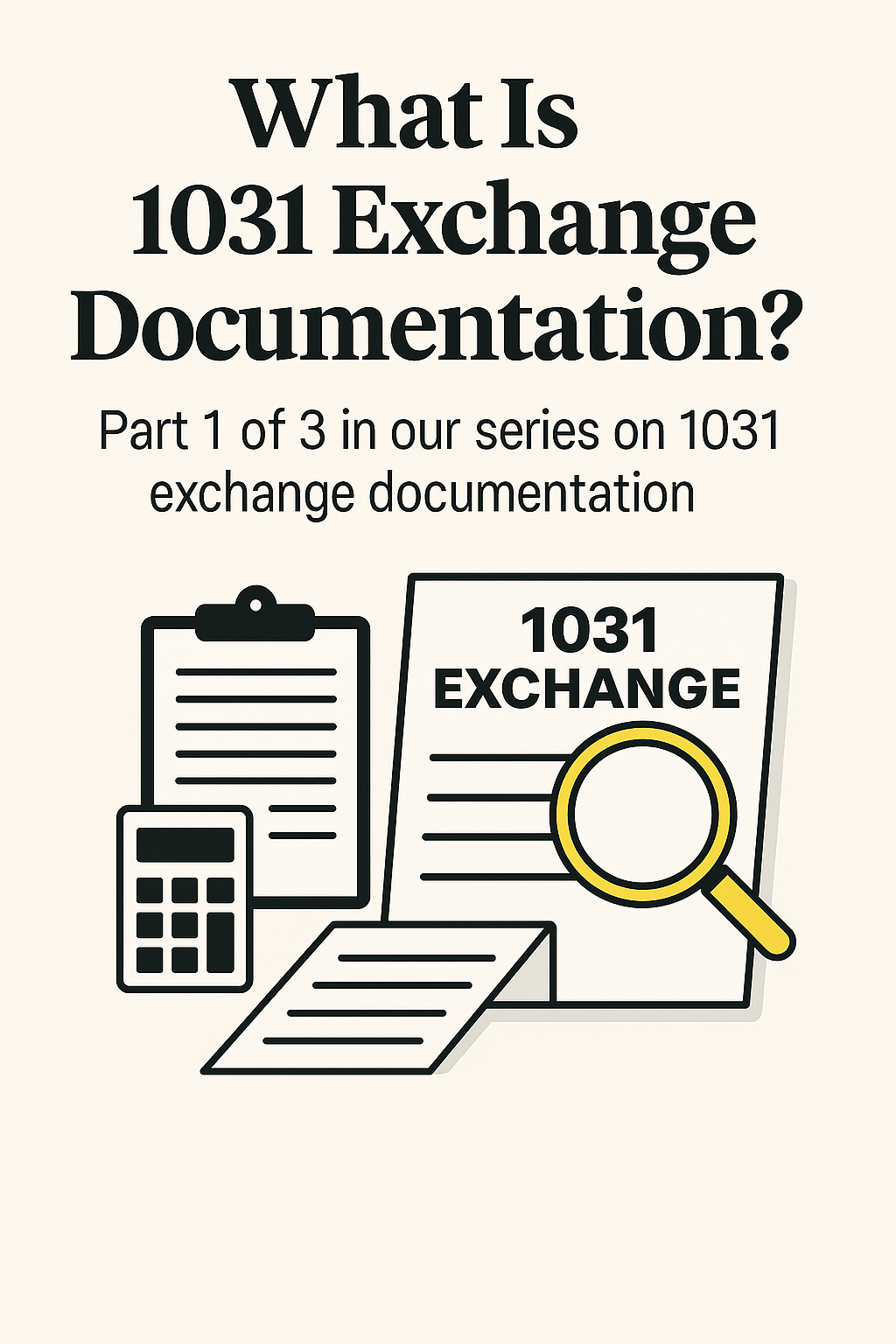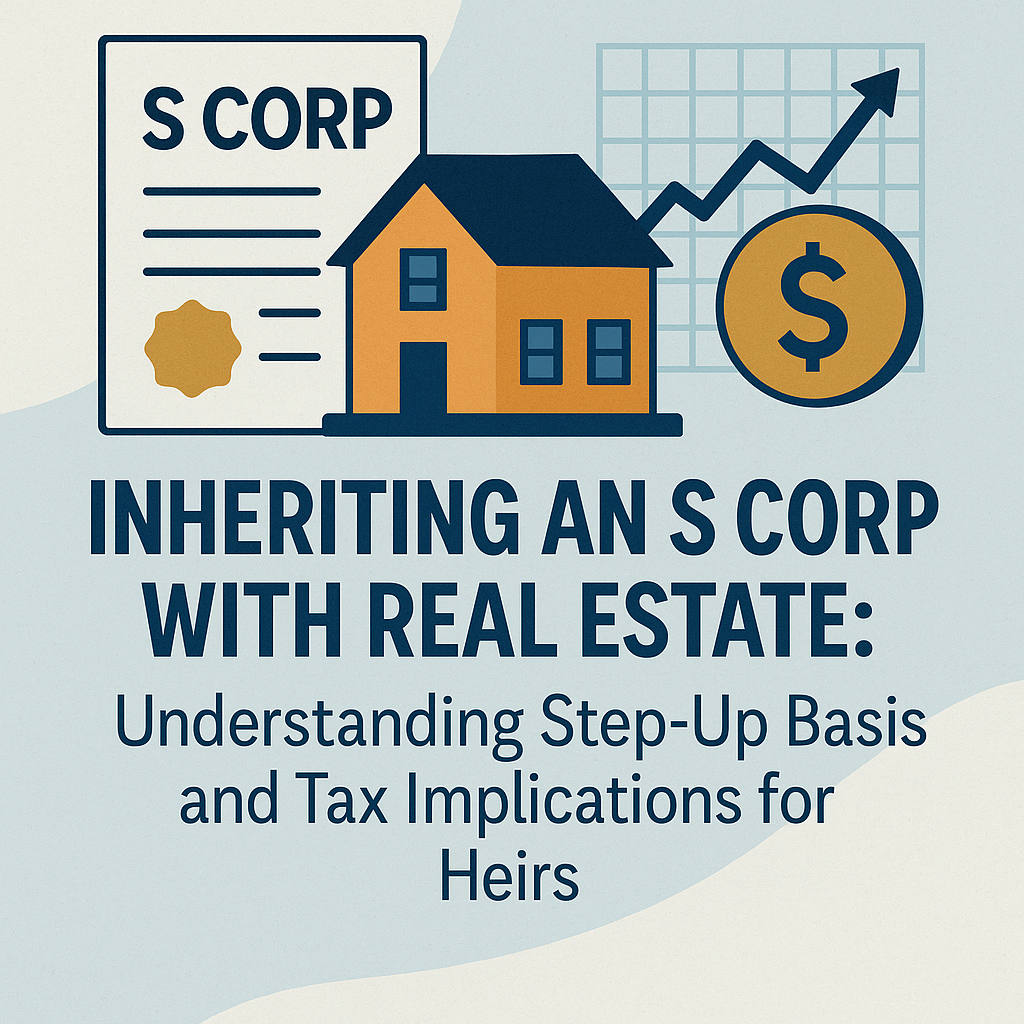Introduction: The Intricacies of a 1031 Exchange
If you’re a real estate investor considering selling an investment property, you’ve likely heard of a 1031 exchange. This strategy allows you to defer capital gains tax when you reinvest the proceeds from the sale of a property into another “like-kind” property. However, while a 1031 exchange offers significant tax advantages, it’s a complex process that requires deep understanding and careful planning.
Navigating these complexities becomes even more challenging considering that real estate investors typically do not frequently sell their rental properties. As a result, even the most experienced tax professionals may lack the specialized knowledge needed to address all the crucial aspects of a 1031 exchange. That’s where the role of our experts at Exchange Planning Corporation comes into play.
The Future Tax Impact of Your Exchange
One of the key considerations in a 1031 exchange is its future tax impact. Over the next ten years, the rent income you’ll likely generate from your exchange proceeds can be substantial. Hence, it’s important to understand how your choices in the exchange will affect your future taxes.
For instance, you could opt to invest your exchange proceeds into a property with minimal depreciation and no income shelter. Alternatively, depending on your tax needs, a different replacement property might be a more suitable choice. The seasoned professionals at Exchange Planning Corporation can guide you through these decisions, ensuring that you make the most beneficial choices for your unique tax situation.
Understanding ‘Boot’ from the Exchange
In a 1031 exchange, ‘boot’ refers to any cash or other property received that’s not like-kind. In many exchanges, you can take some boot out of the exchange without any immediate tax impact. Interestingly, taking boot to reinvest elsewhere might even lead to lower taxes.
However, handling boot is a nuanced aspect of a 1031 exchange that requires the guidance of an expert. The team at Exchange Planning Corporation can help you understand when and how to use boot to maximize tax savings.
Cash Received in Your Exchange
Another key aspect of a 1031 exchange is the ‘cash received.’ Often, people, including some tax professionals, mistakenly interpret ‘cash received’ as the funds the escrow company sends to the accommodator when the exchange completes. However, in the context of a 1031 exchange, ‘cash received’ has a very specific tax-related definition. Misinterpreting this term can lead to unnecessary taxes. Our specialists at Exchange Planning Corporation can help ensure you correctly understand and manage the cash received in your exchange. Prorations and Debt Changes in the Exchange
Prorations and Debt Changes in the Exchange
Prorations are items paid in escrow that don’t reduce the cash received but do reduce the amount your accommodator receives, are another critical consideration in a 1031 exchange. Nearly all exchanges have prorations that create boot. This boot must be properly managed to maximize deductions and tax savings.
Furthermore, changes in debt resulting from your exchange can also have significant tax implications. While most real estate investors prefer not to increase debt, choosing replacement properties with a moderate amount of debt can often save you as much tax as the exchange itself. The expert team at Exchange Planning Corporation can provide crucial advice on these matters, helping you make informed decisions.
Other Tax Deductions and Key Elements of the Exchange
If you have Net Operating Losses (NOLs), passive losses, or capital loss carryovers, the team at Exchange Planning Corporation can help you incorporate these tax deductions into your exchange. This way, you can use these deductions more tax-efficiently to achieve your investment goals.
When we combine the tax planning for an exchange with using these losses your exchange becomes a very powerful tax savings tool
Summary
The most critical elements of a 1031 exchange include taxes, liquidity, and cash flow. With their specialized knowledge and experience, our team at Exchange Planning Corporation can help you manage these elements effectively, treating them as essential pieces in the puzzle that is a 1031 exchange. Make the Most of Your 1031 Exchange with Expert Guidance
A 1031 exchange presents a powerful opportunity for real estate investors to defer capital gains tax and enhance their investment portfolio. However, the process can be complex, and missing a step or misunderstanding a rule could lead to significant tax implications.
This is why having the experts from Exchange Planning Corporation by your side can be invaluable. They bring a deep understanding of the nuances of a 1031 exchange and provide the guidance you need to make strategic decisions. From managing boot and prorations to understanding future tax impacts and handling changes in debt, our team can help you navigate every step of the exchange.
Stay tuned for the next part of this series where we will dive deeper into the role of the Exchange Planning Corporation team in optimizing your real estate investments.
FAQs about 1031 Exchanges and Exchange Planning Corporation
1. What role does Exchange Planning Corporation play in a 1031 exchange? Exchange Planning Corporation provides expert guidance throughout the 1031 exchange process. We help our clients understand the intricate aspects of 1031 exchanges, from managing ‘boot’ and ‘prorations’ to understanding future tax impacts and handling changes in debt. Our team is committed to ensuring that you make the most beneficial choices for your unique tax situation.
2. How can Exchange Planning Corporation help me understand the future tax impact of my exchange? Our team of seasoned professionals will guide you through the tax implications of your exchange. We help you understand how your choices in the exchange will affect your future taxes, ensuring that your exchange proceeds are invested in a manner that aligns with your tax needs.
3. What are ‘boot’ and ‘prorations’, and how can Exchange Planning Corporation help me manage them? ‘Boot’ refers to any cash or non-like-kind property received in an exchange, while ‘prorations’ are items paid in escrow that don’t reduce the cash received but are not directly connected to the sale. At Exchange Planning Corporation, we have developed unique software specifically designed to calculate exchanges. This advanced tool, unparalleled in the industry, enables us to run projections on your proposed exchange and forecast potential outcomes. This information plays a pivotal role in guiding your decision-making process.
4. How can Exchange Planning Corporation help me incorporate my tax deductions into the exchange? Our team at Exchange Planning Corporation is equipped to help you integrate various tax deductions, including Net Operating Losses (NOLs), passive losses, or capital loss carryovers, into your exchange plan. Frequently, for clients with these types of losses, we strategize the exchange to include some taxable boot that can be sheltered by these losses
5. What are the critical elements of a 1031 exchange that Exchange Planning Corporation can help me manage? Exchange Planning Corporation has developed custom software that is capable of projecting numerous components of the 1031 exchange. However, the crux of our value proposition lies in our specialist knowledge and ability to analyze your documents accurately. You might be familiar with the phrase “Garbage in, garbage out,” implying the quality of output is determined by the quality of the input. Our experts at Exchange Planning Corporation understand the intricacies of the exchange process, including identifying whether a pre-payment penalty on a loan is an exchange expense or a proration. In the complex landscape of today’s real estate market, without expertise in interpreting documents such as escrow statements, there’s a risk of inputting inaccurate or irrelevant data – the proverbial “garbage.” Our services ensure the data input is accurate, leading to reliable and valuable outcomes.


